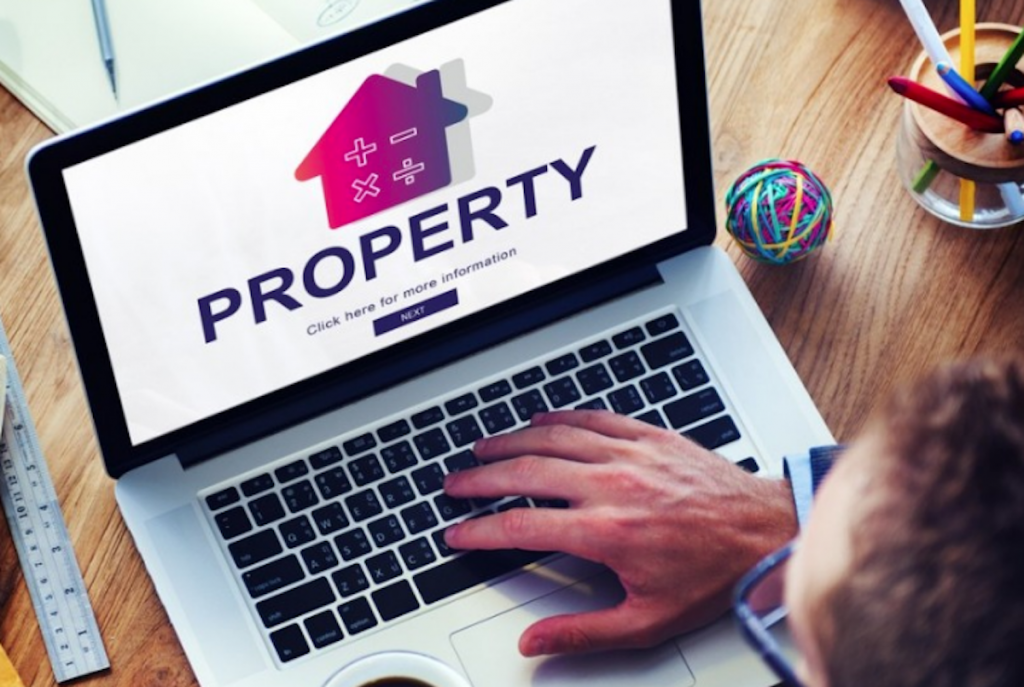The popularity of city-centre living continues to rise, with young professionals moving to cities for the career/and social opportunities they provide, and with older retirees downsizing to urban environments for ease-of-access to facilities and amenities. As urban areas become increasingly concentrated, growing concerns of pollution are being addressed by property developers and investors alike, in preparation for the cityscape of the future.
Interested in the progress being made with eco-friendly property developments in 2021? Here’s a closer look at some of the specifics of eco-developments in UK cities, as well as a look forward to the future concept of the ‘Smart Building’.
Eco-friendly property investment
Some forward-thinking property developers in the UK are already working on the investment prospects and apartments of tomorrow, with features that keep the environmental theme in mind. One example of a property investment opportunity with eco-friendly features at its forefront is from Element Developments. Their flagship eco-development Element – The Quarter, boasts a sophisticated rainwater recycling system, solar panels, an energy-efficient LED lighting system, and even a ‘shower save’ system that can transfer the heat from wasted shower water into freshwater – reducing energy usage in the process. Not only do these features benefit the prospective tenant, saving them money on energy bills, but it also makes the building more long-standing as these innovations grow into the standard.
Positioned in Liverpool’s city centre not only is the building set to benefit from the surrounding growth and regeneration going on in the city at the moment (with projects such as the Bramley Moore Dock Everton Stadium plans bound to increase tourism, jobs and more), but it also boasts some of the best yield percentages of any city in the UK for investors.
The Smart Building
As technology continues to improve and properties are constructed from the beginning with eco-friendly solutions, energy-efficiency and renewable sources, these sorts of fixtures will become a mainstay, and something important to environmentally conscious students and young working people in the city that want to live somewhere they can be proud of. For property developers and savvy investors, future-proofing their buildings and embracing this growing trend will help them to offer their apartments and properties as a unique prospect.
One example of how technology will aid the environmental aspect of property development in the future is through the concept of the ‘Smart Building’. A furthering of the internet of things network concept that connects appliances and device throughout the home, smart buildings in the future will have a ‘hive mind’ of sorts, that allows for overall systems to be controlled automatically or on a cycle.
Things like heating and energy can be controlled through a centralised system, making developments more automated, energy efficient, and attractive to investors/tenants as a result. Not only this, but buildings will also be able to communicate with each other to send messages, warnings and more, which can be extremely helpful in cities with adverse weather conditions or hazards that others need to be alerted of.




